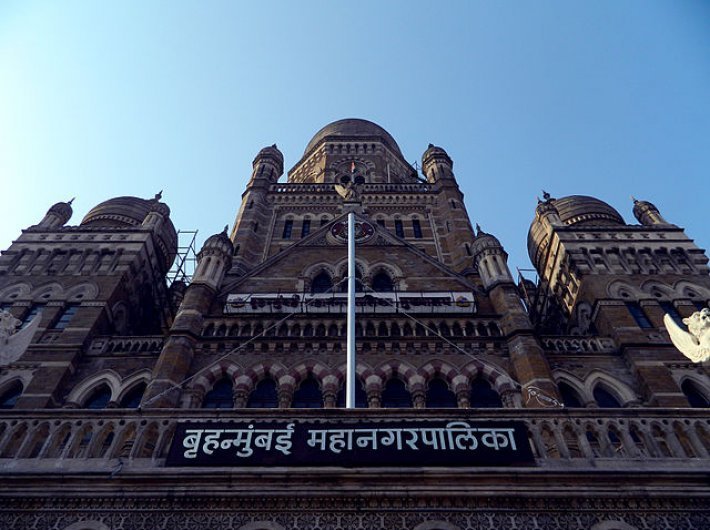As many as 37.12 percent of women and 35.02% of men in Mumbai are found to have antibodies against Covid-19 as per the latest sero survey conducted by the Municipal Corporation of Greater Mumbai (MCGM).
This is the third sero survey conducted by the civic authority. Sero positivity entails a blood test showing a positive result for a particular antibody.
With a large number of patients being detected from non-slum areas during the second wave of Covid infection, the survey results corroborate with the current trend and find that sero positivity in slum areas is decreasing and increasing in non-slum areas.
The first survey conducted in July 2020 in the slum areas of three wards found sero positivity of 57% and the second sero survey conducted in August 2020 in the same three wards found sero positivity of 45% in slums areas.
As many as 10,197 blood samples of citizens collected across all 24 wards for the latest survey found overall 36.30% sero positivity/immunoglobulin-G (IgM) antibodies on test results. The sero survey was conducted using unlinked anonymous sampling method and blood samples of only non-vaccinated individuals were collected.
As much as 41.6% sero positivity is found in the blood samples taken from municipal dispensaries in slum areas.
The percentage of sero positivity in blood samples taken from non-slum areas has increased while in slum areas it is found to have decreased.
In the case of non-slum areas, blood samples were taken from private laboratories show sero positivity of 28.5%. As against this, the first survey conducted in July 2020 found sero positivity to be 16% in non-slum areas of three wards and the second sero survey conducted in August 2020 found sero positivity to be 18%.
The survey for antibodies was conducted by the public health department of MCGM at Molecular Biology Laboratory, Kasturba Hospital in March 2021. Blood samples were collected from municipal dispensaries as well as private medical laboratories. Thyrocare and Metropolis Labs helped in the collection of blood samples for the survey.
“BMC is consistently urging citizens to help beat the virus by wearing their masks at all times, maintaining physical distancing, and following hand hygiene. The finding of the survey suggests that in order to limit the spread of Covid-19, vaccination needs to be accelerated,” the BMC said.
BMC to set up 16 oxygen production units
Faced with a severe shortage of oxygen, an important decision was taken by the BMC on Saturday. Additional Municipal commissioner P Velarasu said that the civic body will set up 16 on-site oxygen generation plants at all 12 municipal hospitals which will generate 43 metric tonnes of oxygen. These facilities will be able to extract oxygen from on-site atmospheric air after which the air will be compressed and filtered before supplying to the patients.
As per the BMC, e-tenders have already been floated by the mechanical and electrical engineering dept and after issuing of work order facilities will come up within one month. The estimated cost of the project will be around Rs 90 crore and the lifespan of the plant will be 15-30 years.
At present BMC has to rely on suppliers and contractors for the supply of oxygen. With its own production and supply of oxygen, it expects to reduce costs in the long run. Currently, BMC gets its supply of oxygen from two Navi Mumbai-based suppliers.

